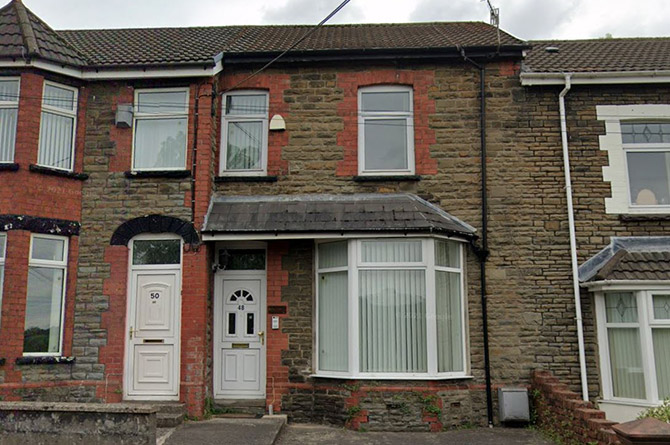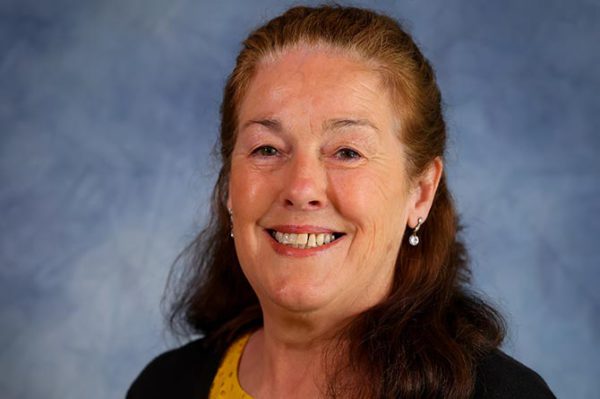Support quality, independent, local journalism…that matters
From just £1 a month you can help fund our work – and use our website without adverts. Become a member today

Plans to turn a Pengam property into a HMO have been approved despite stiff opposition from neighbours, who fear the conversion could “fundamentally change the character” of their street.
The majority of Caerphilly Council’s planning committee eventually accepted officers’ recommendations to grant permission for 48 High Street – currently a three-bedroom terraced house – to become a four-bed HMO (house in multiple occupation).
HMOs are typically properties for unrelated, individual adults who have their own bedrooms but share communal facilities, such as kitchens, bathrooms or living room areas.
The High Street plan has proved unpopular with local residents, who claim a HMO will cause parking problems and privacy concerns.
At a planning committee meeting on Wednesday May 15, resident Lee Curtis spoke on behalf of those opposed to the HMO conversion.
She told the committee residents “strongly object” to the plans, and said it would be “untenable” to allow more cars to park in an already crowded street.
There are also local concerns about “noise and privacy”, she explained, and questioned whether a house built around 100 years ago was suitable for HMO use.
Windows in the property, she claimed, would also overlook rooms in neighbouring homes, including children’s rooms.
Ward councillor Teresa Heron supported the residents’ opposition, telling the committee she understood the property would be used as temporary housing for the council.

This raised safeguarding concerns, Cllr Heron said, adding she feared the property “could be treated as a hostel”.
Richard Kopec, the agent behind the application, said in a written statement to the committee that he wanted to build “a good relationship” with the local community and take steps to tackle any problematic behaviour at the “fully-managed” HMO.
CCTV will be installed in communal areas, and “any antisocial behaviour will be dealt with immediately”, he said.
Committee member Greg Ead was one of several councillors who noted the residents’ concerns, calling HMO applications an “incredibly difficult area of planning”.
“I don’t think [HMOs] are suitable for residential areas,” Cllr Ead added.
But the committee was reminded that officers had found no planning reasons to justify turning down the application.
Planning officer Carwyn Powell acknowledged HMO proposals could be “emotive” because of neighbours’ concerns about bad behaviour, but said there was “no empirical evidence to show all HMOs have these issues”.
In their report, council planners also dismissed concerns about future residents at the property.
“Objections regarding safeguarding relating to potential occupiers of the HMO have not been considered, this is not a matter for planning to be concerned,” they said.
Support quality, independent, local journalism…that matters
From just £1 a month you can help fund our work – and use our website without adverts.
Become a member today
